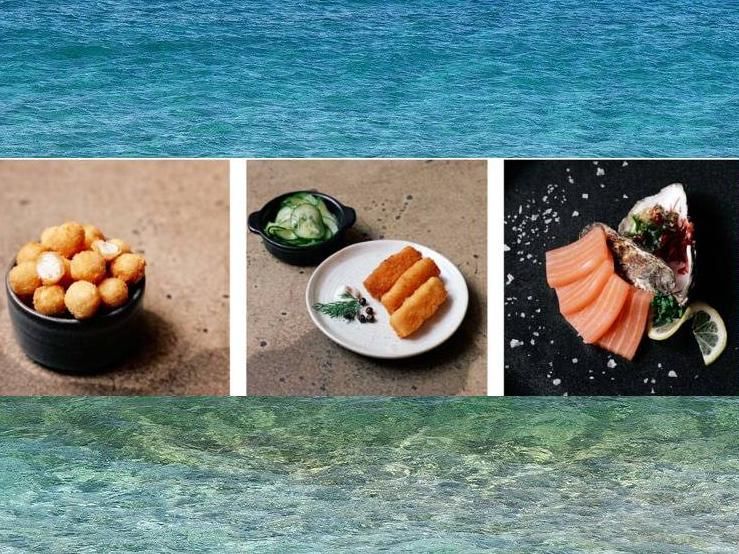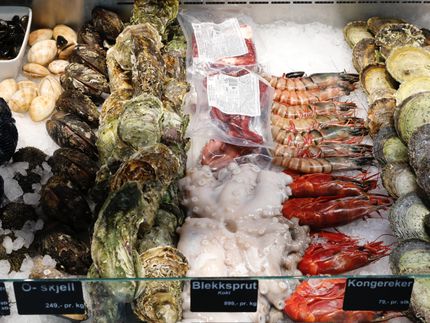Bluu Seafood introduces first products from cultured fish in Europe
Approval to be sought in Asia, the USA, the UK and the EU
Advertisement
Bluu Seafood, leading European FoodTech for the production of cultured fish and seafood, has introduced the first market-ready products grown directly from fish cells. fish sticks and fish balls were presented, which contain cultured fish cells as the main ingredient and have been enriched with vegetable proteins to come as close as possible to the original recipes and the familiar cooking behavior and mouthfeel.

Bluu Seafood
The products have reached market readiness and are now entering the approval process. Bluu Seafood expects initial approval and market launch in Singapore by the end of 2023, as the approval process there is already the most well-defined. In addition, the Lübeck-based company will apply for approval in the USA, the UK and the EU.
In addition to fish sticks and fish balls, Bluu Seafood is already developing initial prototypes of more complex products such as fish fillets and sashimi. The company's products are based on proprietary, non-GMO trout and salmon cell lines. Growth media without animal serum are used.
Founder and CEO Dr. Sebastian Rakers explains, "With the completion of first products, we have visible results to show after less than two years of operational work. This officially makes us the first company in Europe to produce cultured fish. We are working closely with regulatory agencies to clear the way for market launch and are using the time to focus on scaling."
Bluu Seafood combines cell and food technology to grow a variety of sustainable, tasty fish products directly from animal cells in the future, without compromising animal welfare, and with a significantly smaller environmental footprint than conventional fishing.
"Conventional seafood food production has brought more than 90 percent of edible fish stocks to the brink of overfishing and poses a serious threat to marine ecosystems. With Bluu Seafood, we can make an important contribution to the supply of animal protein that allows us to manage our oceans in a way that conserves resources and hopefully also promotes biodiversity in this habitat that is so important to us all," Rakers emphasizes.
Note: This article has been translated using a computer system without human intervention. LUMITOS offers these automatic translations to present a wider range of current news. Since this article has been translated with automatic translation, it is possible that it contains errors in vocabulary, syntax or grammar. The original article in German can be found here.
Most read news
Other news from the department research and development

Get the food & beverage industry in your inbox
By submitting this form you agree that LUMITOS AG will send you the newsletter(s) selected above by email. Your data will not be passed on to third parties. Your data will be stored and processed in accordance with our data protection regulations. LUMITOS may contact you by email for the purpose of advertising or market and opinion surveys. You can revoke your consent at any time without giving reasons to LUMITOS AG, Ernst-Augustin-Str. 2, 12489 Berlin, Germany or by e-mail at revoke@lumitos.com with effect for the future. In addition, each email contains a link to unsubscribe from the corresponding newsletter.
Most read news
More news from our other portals
Something is happening in the food & beverage industry ...
This is what true pioneering spirit looks like: Plenty of innovative start-ups are bringing fresh ideas, lifeblood and entrepreneurial spirit to change tomorrow's world for the better. Immerse yourself in the world of these young companies and take the opportunity to get in touch with the founders.





























































